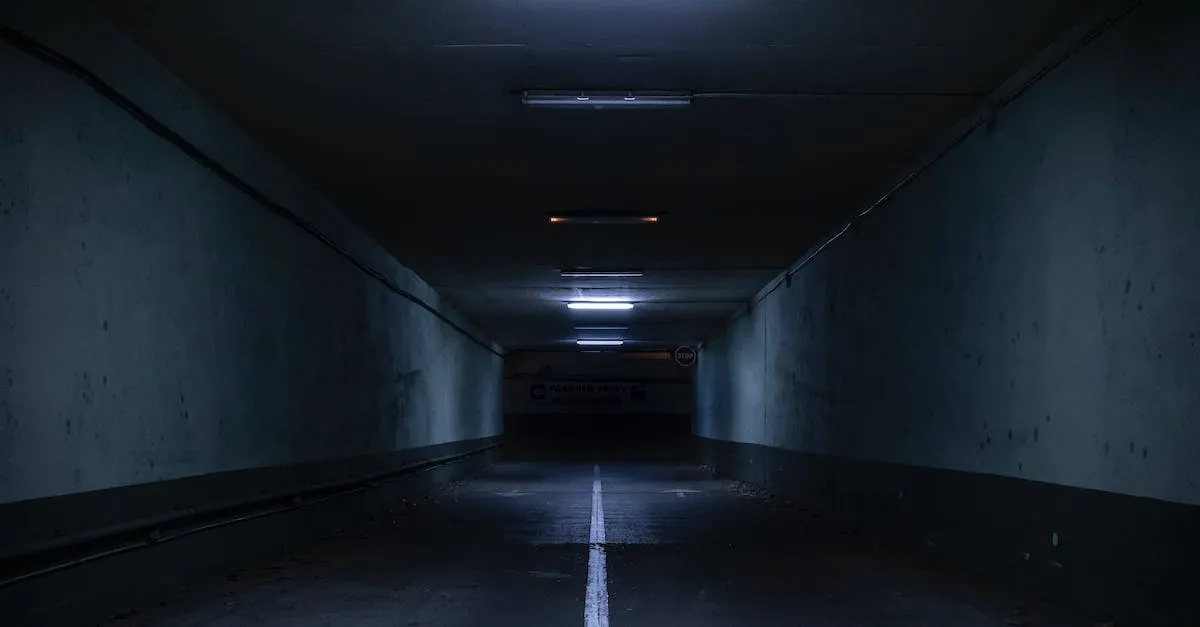Can You Build An Underground Bunker In Florida?
Underground bunkers are allowed in Florida if certain regulations are followed. To quickly answer the question – yes, it is legal to build a bunker on your property in Florida as long as you obtain permits and follow zoning laws. Your local municipality may have additional restrictions to consider.
This comprehensive guide will cover key factors to keep in mind when planning an underground bunker in Florida. We’ll discuss permit requirements, considerations for structural integrity, ventilation and safety systems, and how to meet inspection standards. You’ll also learn about any restrictions on bunker location, size, and usage.
Permitting Requirements for Bunkers in Florida
Building an underground bunker in Florida requires adherence to specific permitting requirements. These requirements ensure that the construction process meets safety standards and complies with local regulations. Here are the key permitting requirements for building a bunker in Florida:
Building permits from the municipality
Before starting any construction, individuals must obtain building permits from the municipality where the bunker will be located. These permits are necessary to ensure that the construction plans comply with local building codes and regulations.
Building permits typically require the submission of detailed architectural plans, structural engineering calculations, and other relevant documents. It is important to consult with local authorities to understand the specific requirements and procedures for obtaining these permits.
Plumbing, electrical, and mechanical permits
In addition to building permits, individuals constructing a bunker in Florida must also obtain plumbing, electrical, and mechanical permits. These permits ensure that the bunker’s plumbing, electrical, and mechanical systems meet safety standards and are installed correctly.
Plumbing permits cover the installation of water supply and drainage systems, while electrical permits are required for the installation of electrical wiring and fixtures. Mechanical permits are necessary for the installation of HVAC systems and ventilation equipment.
Percolation testing approval
Florida’s unique geological conditions require additional permitting for underground structures, including bunkers. Percolation testing approval is necessary to assess the soil’s ability to absorb and filter water. This testing helps prevent potential flooding and water damage within the bunker.
The approval process typically involves conducting tests to determine the soil’s percolation rate, which measures how quickly water is absorbed. Based on the test results, the authorities will determine whether the chosen location is suitable for building an underground bunker.
It is important to note that the permitting requirements may vary depending on the specific location within Florida. It is recommended to consult with local authorities and professionals experienced in bunker construction to ensure compliance with all relevant regulations and obtain the necessary permits.
Florida Building Code Standards for Underground Bunkers
When it comes to building an underground bunker in Florida, it is important to adhere to the state’s building code standards. These standards are in place to ensure the safety and structural integrity of the bunker, especially during severe weather events such as hurricanes.
Let’s take a closer look at some of the key requirements outlined in the Florida Building Code.
Materials and Structural Design
The Florida Building Code specifies that underground bunkers must be constructed using materials that can withstand high winds, impact from flying debris, and other potential hazards. This includes using reinforced concrete walls and roofs, as well as steel reinforcements to provide additional strength.
The design of the bunker should also take into account the soil conditions and potential water table levels in the area.
It is vital to consult with a structural engineer who is familiar with the specific requirements for underground structures in Florida. They will ensure that the bunker is designed and built to withstand the unique challenges posed by the state’s climate and geology.
Emergency Exit and Ventilation Specifications
Another important aspect of building an underground bunker in Florida is the inclusion of emergency exits and proper ventilation systems. The Florida Building Code mandates that every bunker must have at least two separate exits to allow for safe evacuation in case of an emergency.
These exits should be easily accessible and clearly marked.
Additionally, ventilation systems are essential to maintain a fresh air supply inside the bunker. The code requires the installation of mechanical ventilation systems that can provide a sufficient amount of air exchange to prevent the buildup of harmful gases or stale air.
Waterproofing and Drainage Systems
Given Florida’s susceptibility to heavy rainfall and potential flooding, it is crucial to incorporate proper waterproofing and drainage systems in an underground bunker. The Florida Building Code outlines specific requirements for waterproofing materials and techniques to prevent water infiltration.
Drainage systems, such as sump pumps, should also be installed to ensure that any water that does enter the bunker can be quickly removed. This helps to prevent structural damage and maintain a safe and dry environment inside the bunker.
It is important to note that building an underground bunker in Florida requires obtaining the necessary permits and approvals from the local building department. The code standards are in place to protect the occupants and ensure their safety during emergencies, so it is vital to follow them diligently.
For more information on the Florida Building Code and its requirements for underground bunkers, you can visit the official website of the Florida Department of Business and Professional Regulation: https://www.myfloridalicense.com/DBPR/.
Zoning Laws and Other Regulations for Bunkers
When it comes to building an underground bunker in Florida, there are certain zoning laws and regulations that need to be considered. These laws ensure that the construction and usage of bunkers comply with the local requirements and do not pose any safety or environmental hazards.
Here are some key factors to keep in mind:
Allowed locations and setbacks
Florida has specific regulations regarding the allowed locations for underground bunkers. These regulations vary depending on the county and city you are in. It is important to consult with local zoning authorities to determine if your desired location is suitable for bunker construction.
Additionally, setbacks from property lines and other structures may also be mandated to maintain safety and privacy.
Limits on size and visibility
There may be limitations on the size and visibility of underground bunkers in Florida. These limitations are typically in place to prevent the construction of large, conspicuous structures that may negatively impact the aesthetics of the neighborhood.
Some areas may have restrictions on the maximum square footage or height of the bunker, as well as requirements for camouflage or blending in with the surrounding landscape.
Usage restrictions
Florida zoning laws may also include usage restrictions for underground bunkers. These restrictions aim to ensure that the intended use of the bunker aligns with the regulations and does not pose a threat to public safety.
For example, some areas may prohibit certain commercial uses or restrict the number of occupants allowed in the bunker.
It is important to thoroughly research and understand the zoning laws and regulations specific to your location in Florida before proceeding with the construction of an underground bunker. Consulting with professionals experienced in bunker construction and legal matters can also provide valuable guidance throughout the process.
Conclusion
With proper permitting and by following zoning and building codes, it is legal in Florida to build an underground bunker on private property. Careful planning and preparation is needed to meet the structural, safety, and technical requirements. Consulting with local officials early on can help ensure your bunker project adheres to all applicable regulations.








